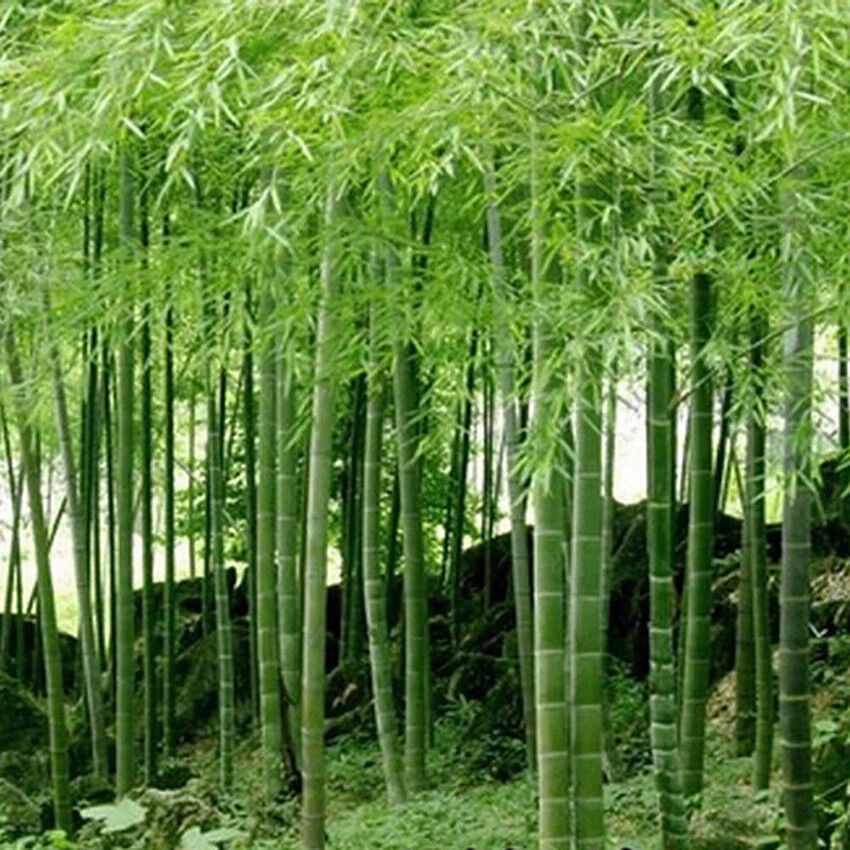
I’m excited to share with you the incredible world of bamboo clothing and how it plays a pivotal role in the circle of sustainability.
Bamboo clothing not only offers numerous benefits, but it is also a sustainable material that helps reduce our environmental footprint. In this article, we will explore the environmental impact of bamboo clothing and how it contributes to the circular economy.
Additionally, we will discuss how supporting ethical and fair trade practices with bamboo clothing can make a positive difference.
Let’s dive in!
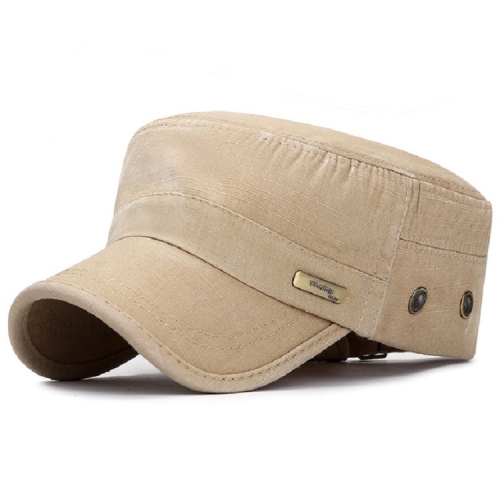
Key Takeaways
- Bamboo clothing is a sustainable and eco-friendly choice that requires minimal water and pesticides to grow.
- Bamboo clothing is highly sustainable, as it grows quickly and requires no pesticides or fertilizers, uses significantly less water in production compared to cotton, and is biodegradable.
- Bamboo clothing aligns with the principles of the circular economy by promoting reuse and recycling of materials, sustainable cultivation and harvesting of bamboo, and efficient manufacturing processes that minimize waste and water usage.
- Supporting the production of bamboo clothing ensures fair treatment and living wage for workers, supports sustainable and responsible industries, contributes to positive change in the fashion industry, supports sustainable farming practices, and reduces environmental harm.
The Benefits of Bamboo Clothing
There are many benefits of bamboo clothing, including its softness and breathability. When I first tried on a bamboo shirt, I couldn’t believe how incredibly soft it felt against my skin. It was like wearing a cloud! The natural fibers of bamboo create a fabric that is gentle and comfortable, making it perfect for those with sensitive skin.
Additionally, bamboo clothing is highly breathable. The fabric allows air to circulate, keeping me cool and wicking away moisture. It’s great for those hot summer days when I want to stay comfortable and dry.
Not only is bamboo clothing a joy to wear, but it’s also an eco-friendly choice. Bamboo is a sustainable resource that grows quickly and requires minimal water and pesticides to thrive.
Bamboo as a Sustainable Material
Bamboo is an incredibly sustainable material that offers numerous environmental benefits. As an eco-conscious consumer, I am always on the lookout for sustainable alternatives in all aspects of my life. Bamboo is a top choice for me, especially when it comes to clothing.
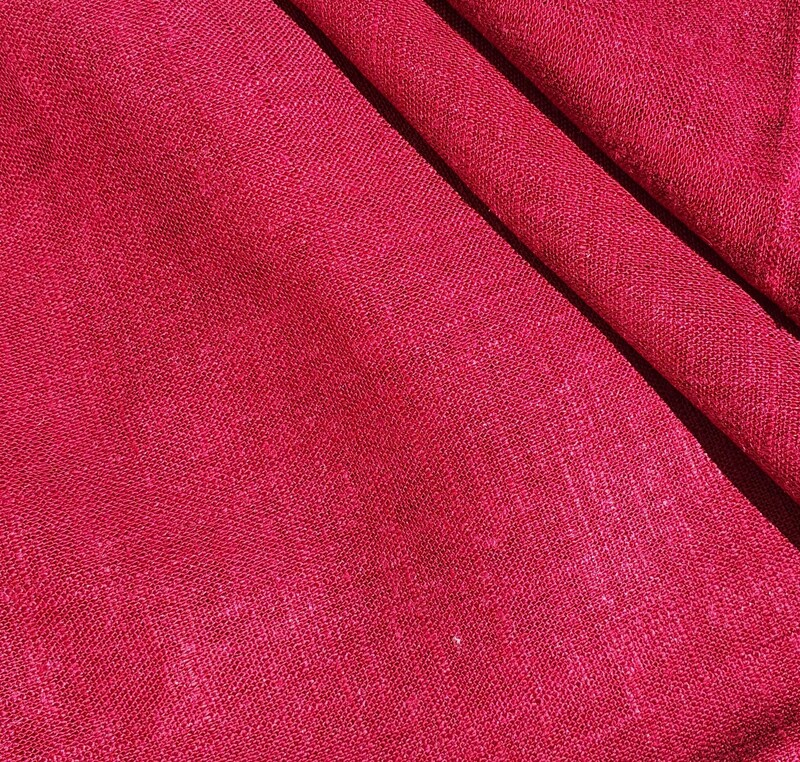
Not only is bamboo a fast-growing plant, but it also requires minimal water and no pesticides or fertilizers to thrive. This makes it a much greener option compared to other materials like cotton or synthetic fabrics. Additionally, bamboo has natural antibacterial properties, which means that clothes made from bamboo require less frequent washing and use fewer resources like water and energy.
It’s amazing how a simple switch to bamboo clothing can have such a positive impact on the environment.
The Environmental Impact of Bamboo Clothing
As an eco-conscious consumer, I’m impressed by the positive environmental impact of bamboo clothing.
Bamboo is a highly sustainable material that grows quickly and requires no pesticides or fertilizers. It also has the ability to regenerate itself, making it a renewable resource.
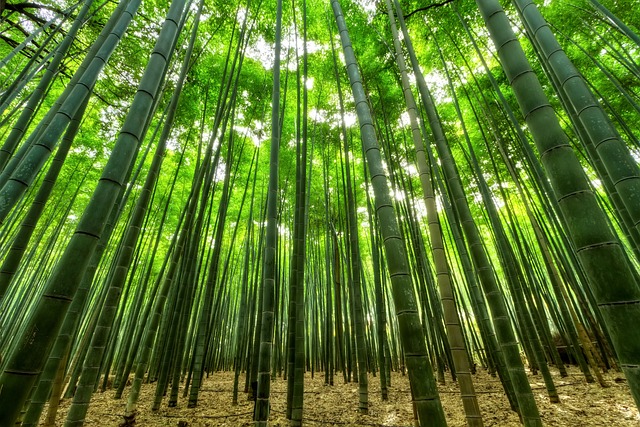
When it comes to clothing, bamboo fabric has many advantages. Firstly, the production process of bamboo clothing uses significantly less water compared to other fabrics like cotton. This is important as water scarcity is a growing concern.
Additionally, bamboo clothing is biodegradable, meaning that it will break down naturally over time, reducing waste.
Lastly, bamboo fabric has natural antibacterial and moisture-wicking properties, reducing the need for chemical treatments.
Overall, choosing bamboo clothing is a simple but impactful way to support the environment.
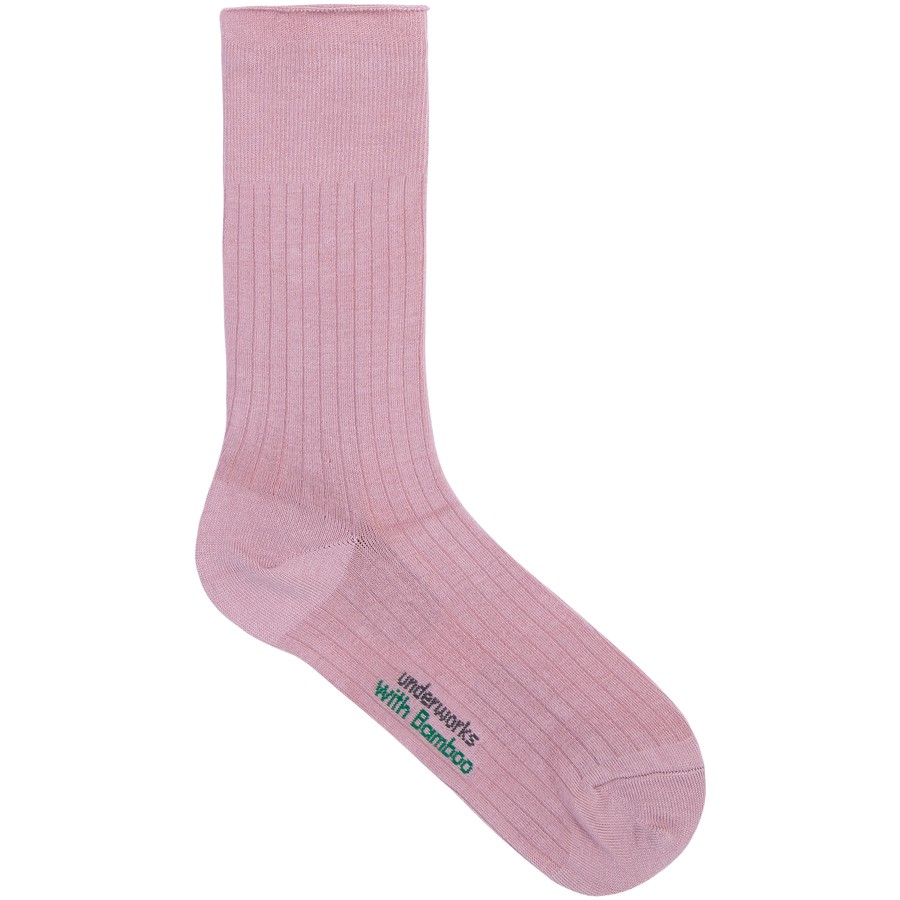
Bamboo Clothing and the Circular Economy
When you choose to incorporate bamboo clothing into your wardrobe, you are participating in a system that promotes the reuse and recycling of materials. Bamboo clothing is not only eco-friendly, but it also aligns with the principles of the circular economy.
The circular economy aims to minimize waste and keep resources in use for as long as possible. With bamboo clothing, this is achieved through the sustainable cultivation and harvesting of bamboo, as well as the efficient manufacturing processes that minimize waste and water usage.
Additionally, bamboo clothing is durable and long-lasting, meaning it can be worn for years before needing to be replaced. When the time does come to dispose of bamboo clothing, it can be easily recycled or biodegraded, closing the loop and reducing environmental impact.
Supporting Ethical and Fair Trade Practices With Bamboo Clothing
By choosing to support ethical and fair trade practices, I can ensure that the workers involved in the production of bamboo clothing are treated fairly and paid a living wage. This is important to me because I believe in the importance of supporting sustainable and responsible industries.
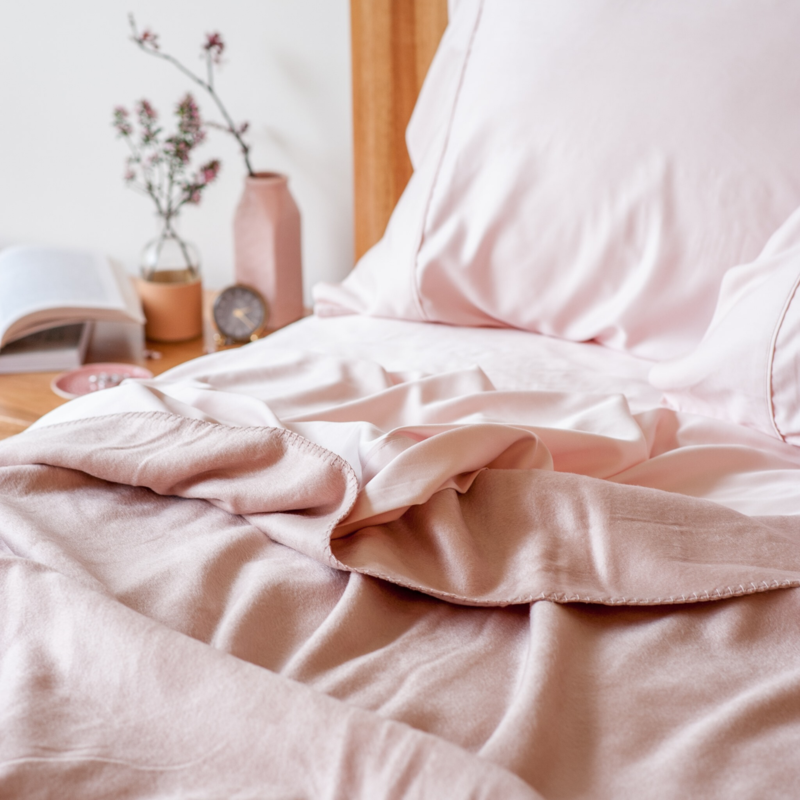
I want to know that the people who make the clothes I wear are being treated with respect and dignity. By purchasing bamboo clothing from companies that prioritize ethical practices, I can contribute to positive change in the fashion industry. It gives me peace of mind knowing that my choices can make a difference in the lives of these workers.
Supporting fair trade also means supporting sustainable farming practices and reducing environmental harm. It’s a win-win situation for everyone involved.
Frequently Asked Questions
How Is Bamboo Clothing Produced?
Bamboo clothing is produced through a process that involves harvesting bamboo, extracting its fibers, and then spinning those fibers into yarn. This yarn is then woven or knitted into fabric, which is used to make various clothing items.
Is Bamboo Clothing Suitable for All Types of Weather?
Bamboo clothing is suitable for all types of weather. It is breathable and moisture-wicking, making it perfect for hot and humid climates. It also provides insulation, keeping you warm in colder temperatures.
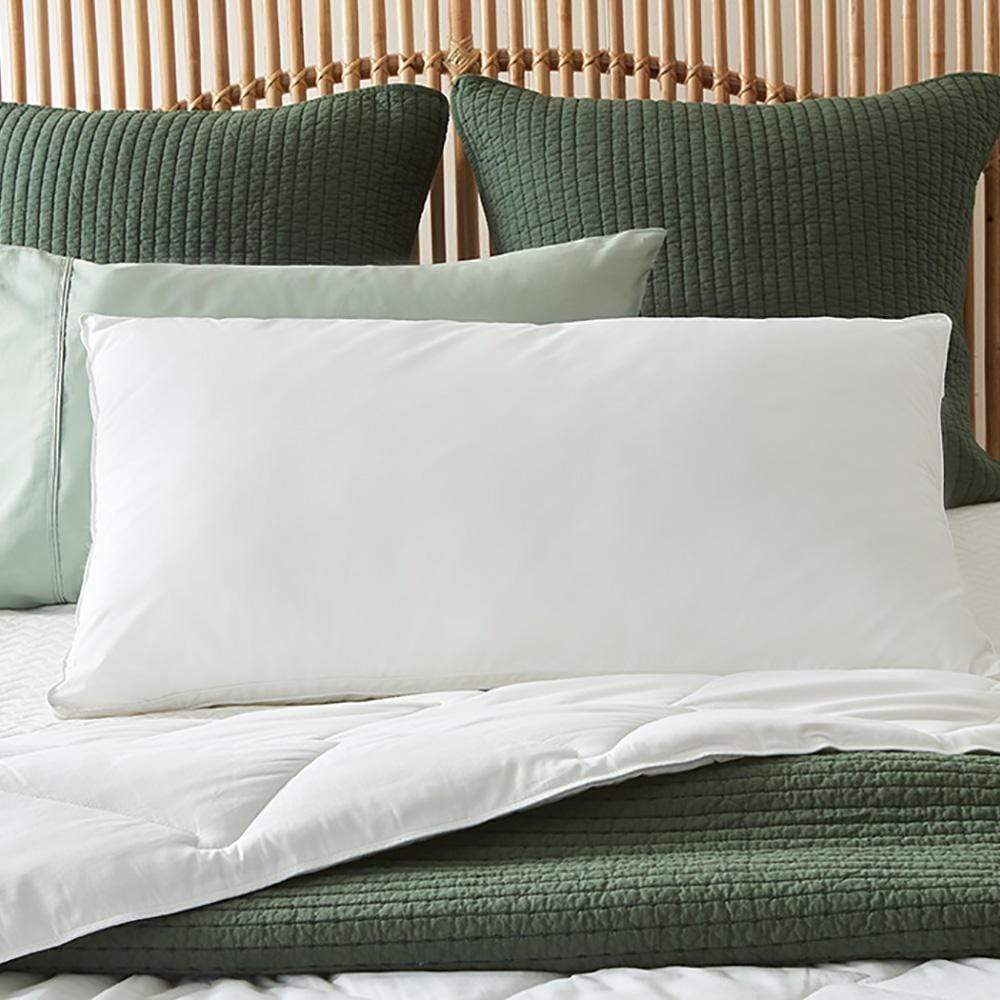
Are There Any Health Benefits Associated With Wearing Bamboo Clothing?
Yes, there are health benefits associated with wearing bamboo clothing. It is naturally hypoallergenic, antibacterial, and moisture-wicking, which helps to keep the skin dry and prevent odors.
Can Bamboo Clothing Be Recycled or Composted?
Yes, bamboo clothing can be recycled or composted. It is a sustainable material that can be broken down and reused. Recycling or composting bamboo clothing helps to close the loop and reduce waste.
How Does Bamboo Clothing Compare to Traditional Cotton Clothing in Terms of Durability?
Bamboo clothing is more durable than traditional cotton clothing. It can withstand regular wear and washing without losing its shape or softness. I find that my bamboo clothes last longer and require less frequent replacement.
Conclusion
In conclusion, I believe that bamboo clothing is a fantastic option for those who are looking to make more sustainable choices in their wardrobe.
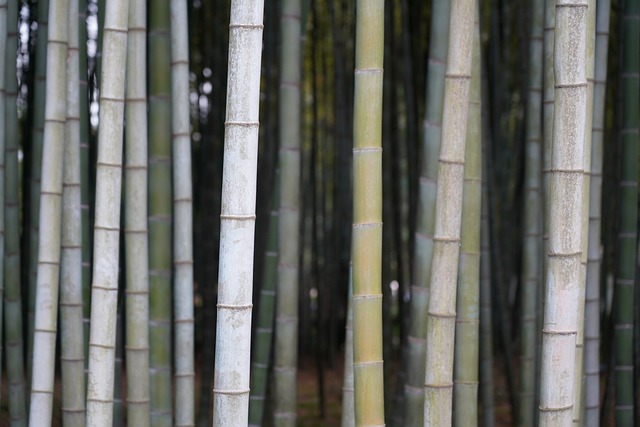
Not only does bamboo have numerous benefits as a material, but it also has a minimal environmental impact compared to other textiles.
By choosing bamboo clothing, we can support the circular economy and contribute to a more ethical and fair trade industry.
Let’s embrace bamboo clothing and help close the loop towards a more sustainable future.
